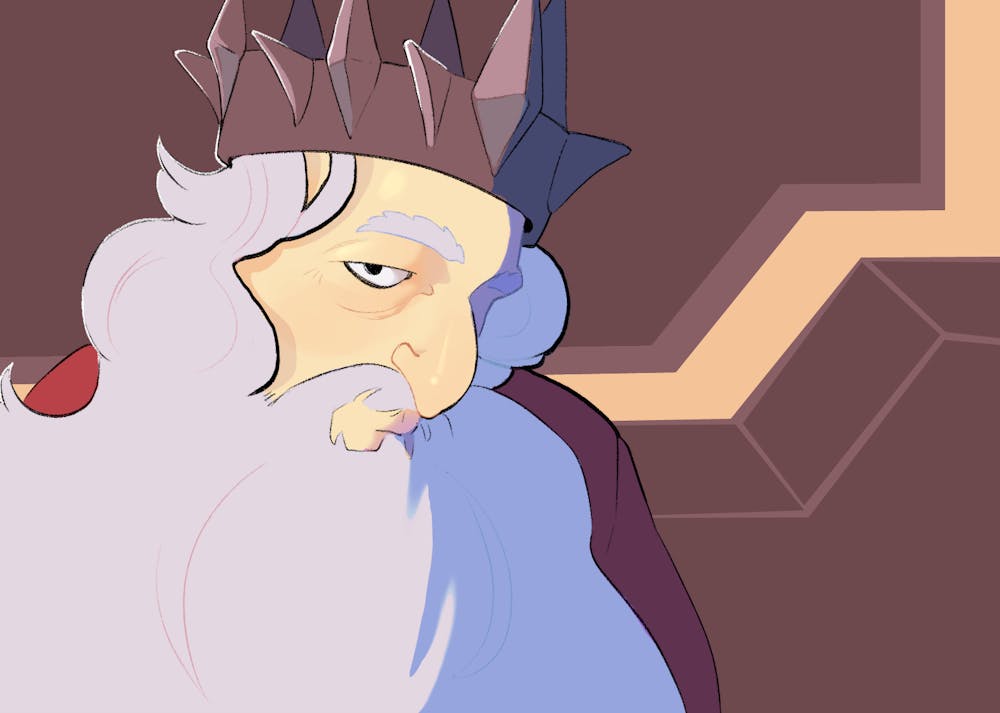Tolkien nerds assemble! "The Lord of the Rings" trilogy's prequel is four episodes in now, and reviews are mixed to say the least. Set thousands of years before The Hobbit, "The Rings of Power" follows Galadriel’s backstory and depicts the forging of the great rings. Fans have waited with bated breath for this next installment in the saga, and Amazon has promised to deliver. Have they? I wish I could say yes. I really wanted to say yes.
But alas, we are left with just another prequel series that falls into the trap of nostalgia-dependency. The showrunners have seemingly taken for granted the fandom’s love for Tolkien lore, thinking they can throw anything resembling Middle Earth on the screen, and we will sit enthralled for hours. In this, Amazon is sorely mistaken, and it just might cost them big.
If you haven’t heard, "The Rings of Power" has just become the most expensive show ever. With a budget reportedly in the $750 million range, the production cost of season one dwarfs the cost of the first three films combined. Which is a high price to pay considering the low ratings the series has received so far. With four episodes currently released, the show’s average audience score on Rotten Tomatoes is a bleak 39%, while The Hobbit films averaged at 65%, and the original trilogy at 93%.
"They have big shoes to fill," said Chloe Rudolph, a senior in film and media production and president of Women in Film at ASU.
It was director Peter Jackson's vision of Tolkien's world that made her first fall in love with the series so "Jackson being left out of the project is a little upsetting."
"I'm on the side of leaving Tolkien's material alone after Peter Jackson's movies," Taylor Smith said, a global studies senior with film and media studies minor.
I sense a trend developing.
But before we start rioting at the gates of Helm’s Deep, let’s take a moment for moderation. There are some positives.
The show is visually stunning. It is clear the producers worked very hard to ensure that every frame is a thing of beauty. The sets are of a scale so grand, they are beyond compare. The Elven realms are as ethereal as ever. The Harfoots, the series' version of the Hobbits we have grown accustomed to, still hold an endearing charm. Costumes are detailed and gorgeous. The entire production is eye candy.
"Props to the visual effects [...] and production design department[s]," said Julio Ramirez, a senior in business with a film and media production minor and president of the Association of Filmmakers at ASU. "Amazon really spent a lot of resources in the visuals department to make this work."
But in everything, there is a give and take. What the showrunners have invested in aesthetics, they have sacrificed in quality and depth. Once the initial visual fascination wears off, there is not much left to hold viewers' attention. Try listening for just a few minutes with eyes closed. I did, and I was much less impressed. The script and character development leave much to be desired. It does not take long to realize that these are not Peter Jackson’s characters. Nor do they seem to be Tolkien’s. These are something new entirely, and not altogether improved.
Not one face stands out among the masses. I cannot remember a single new character’s name — and this from someone who can rattle off every name of every character from every original "Lord of the Rings" film. And the "returning" characters, who should be familiar to us, are anything but. Galadriel, who in the original film was intriguing, seductive and complicated, becomes completely aloof and alien in its prequel.
Which brings me to another problem I have with the series. The writers are determined to highlight Galadriel’s heroism by exaggerating the incapability of everyone around her – usually men. So far, almost every male character is depicted as spineless and idiotic. It seems the show is incapable of promoting feminism without dancing on the cusp of misandry.
With a stiff, humorless and unrelatable protagonist, accompanied by a horde of side characters we know nothing about, we are left with little substance to support the grandiosity. The show is a sad reflection of the film industry’s preoccupation with spectacle. With twice the scale and half the depth, this series falls far short of the Middle Earth we knew and loved.
Edited by Claire van Doren, Logan Stanley and Grace Copperthite.
Reach the reporter at myarmst2@asu.edu. Like The State Press on Facebook and follow @statepress on Twitter.
Continue supporting student journalism and
donate to The State Press today.




